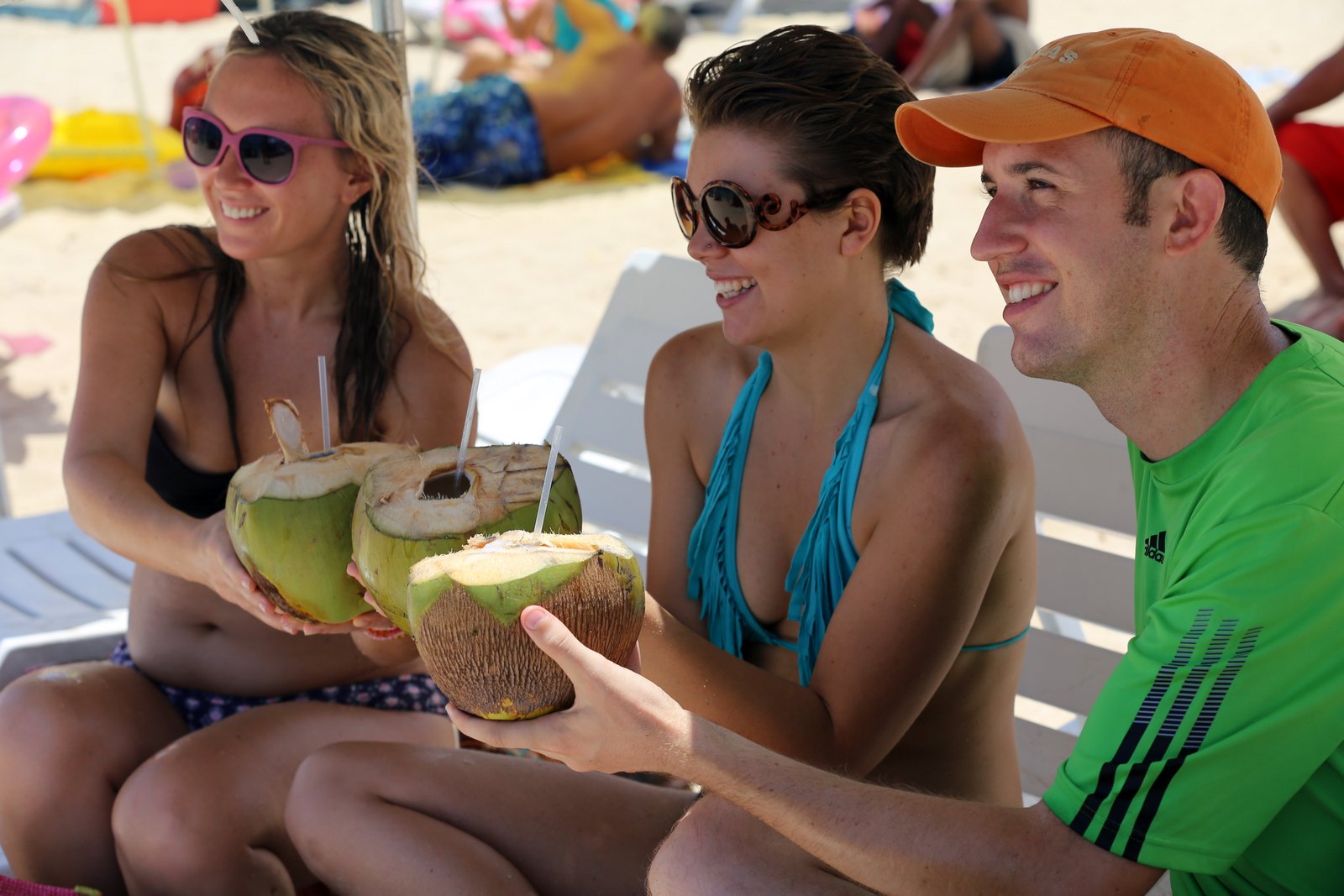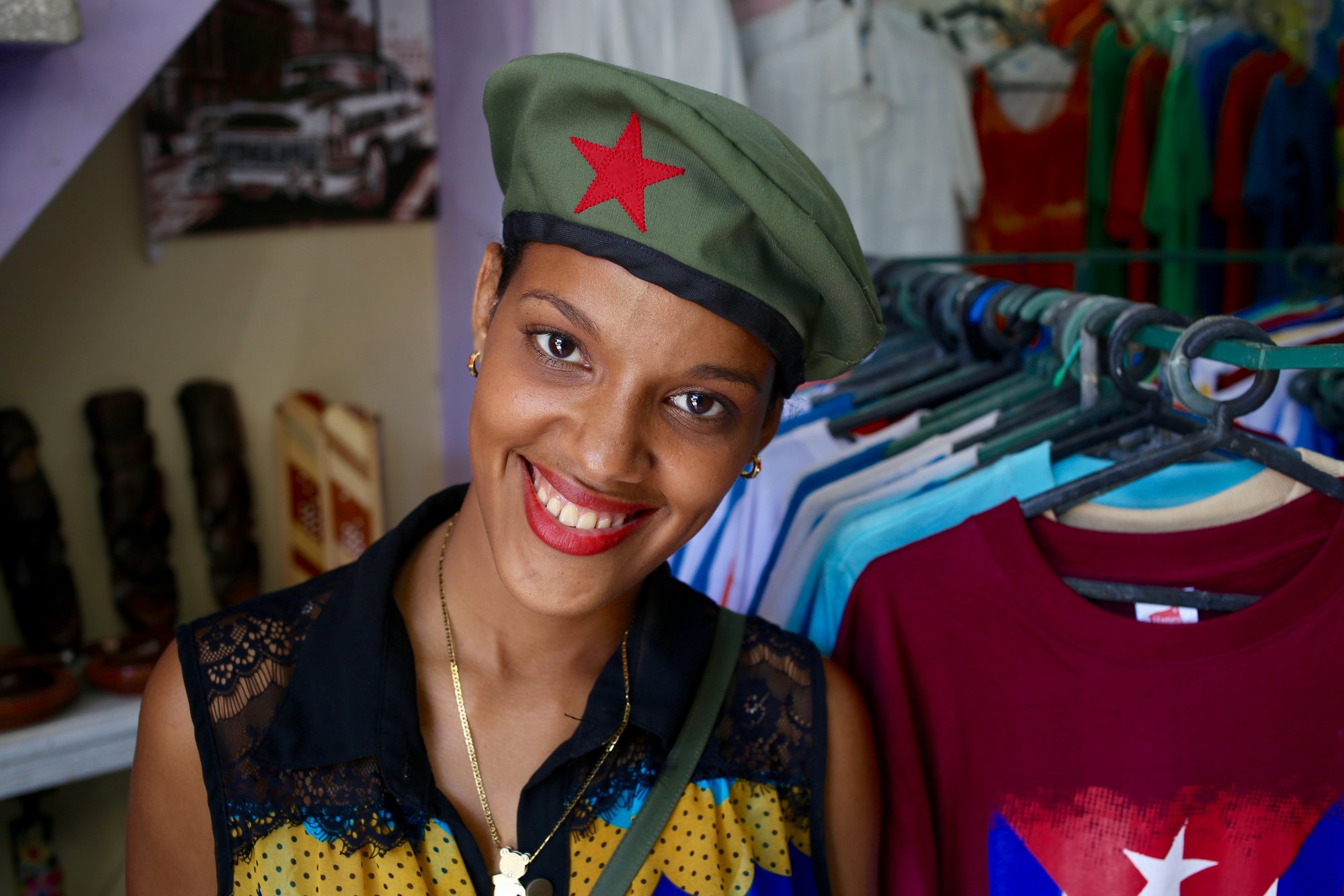
HAVANA – Arizona-born Graham Sowa has been a student at the Latin American School of Medicine in Havana since March 2010. Now 29, Sowa is not sure what the future holds, but wouldn't be surprised if he winds up settling in Cuba.
Now that the U.S. and Cuba have restored diplomatic relations, he figures medical tourism will boom. And there may soon be retirement homes for U.S. citizens in Cuba.
"Eventually, I think there will be more possibilities," he says. "That sense of opportunity, of freshness, really appeals to me. So as long as I can keep finding that, I keep coming back."
Some Cubans see opportunities on the island, too. Not all young people are itching to leave, Sowa says.
But leaving is "something everyone talks about," Sowa says. "I've never been in a society where everyone talks about the option of leaving. But the fact that everyone has the option to leave, one way or another, not always legally, not always above board, but they talk about entertaining the option to leave, says something about the society.
"Because to want to leave you have to know what's out there or at least to have an idea of it, and believe enough in yourself, that you can use something to succeed outside, and so, to create a society where so many people feel that way is pretty incredible."
Over the past year, Cuba has seen its biggest migration wave since the 1990s. Some Cubans stay because they think the economy will eventually improve, Sowa says. Or they don't want to leave their families. There are many reasons why people stay, "Sometimes people feel like they've invested a lot of time in their education, and they say, 'No, I've been educated here, I know the culture here. I know what I need to do to keep moving up on my profession, so I'll stay,'" Sowa says. "Sometimes they really love being here. Some people have a deep connection with the island—just the palm trees and being close to the ocean. I've met people who come back and told me stuff like that. Just the geography attracts them back. So there are lots of reasons why people stay."
While living in Cuba, Sowa says he has seen many similarities between Cuban and American culture.
"My impression is that almost every microcosm, every clique, every group of 20-somethings that exists in the U.S., to some level or another exists here in Cuba. I think the cultures are so synonymous on that, that even though there has been this difference in sort of this backlog of globalization in Cuba, compared to the United States, through the culture that we have exchanged, there are people who are in anime or people into computer programming or people who are into riding or skate boarding or swimming. I mean, all these small cliques that exist, the rockers, the punks, the Goths...I mean, they're all there."






